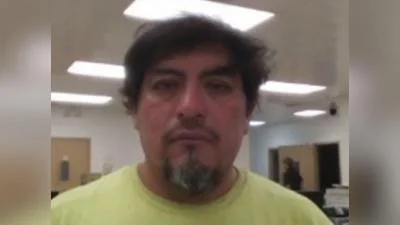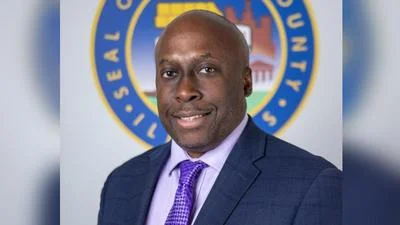The current state of the Illinois budget -- or lack thereof -- was discussed in a recent study by the Southern Illinois University-Carbondale’s Paul Simon Public Policy Institute.
The study began by explaining that the current political scene in the state is one that requires more courage and transparency, characteristics that, according to the study, have been absent from Illinois political figures for more than 15 years.
This overall loss of leadership has directly resulted in issues such as denial of problems with the budget and inaction from political figures.
The study said that the result has been a “total breakdown in the Illinois budgetary process.”
Mel Thillens, the Republican candidate for Senate District 28, commented on the study’s findings, agreeing with the conclusions -- but directing the blame toward both parties.
“There is plenty of blame to go around for the current situation of our state,” Thillens said. "Over many years, Democrats and Republicans alike have created this mess."
The study highlighted the need for strong and courageous leaders who are willing to be truthful with residents, rather than political figures who shroud the truth in inaccurate figures.
In addition to clear communication, the study also pointed to the need for better fiscal decisions moving forward, rather than continuing on a path where social services, K-12 and other state-run services are threatened because of a budget crisis.
The report explained that the current issues are to be expected with the actions that were taken -- or not taken.
Thillens’ comment resonated with the study, as he stated that the problem was one caused by men and women in positions of authority, but he also made clear his belief that the solution also can be provided by those same types of officials.
“There can be man-made solutions, but we have to start sending the right people to Springfield,” Thillens said. "I'm going to Springfield to help stop the finger pointing and start working toward reforms that make Illinois a place where people and businesses want to be."
The study ended by stating the need for awareness and education in order to make better decisions in the future for both individuals and the state as a whole.
“We can learn from instances when state government did not fail, when the budgetary chips were on the line, and when political leadership and courage were exhibited,” according to the study.






 Alerts Sign-up
Alerts Sign-up